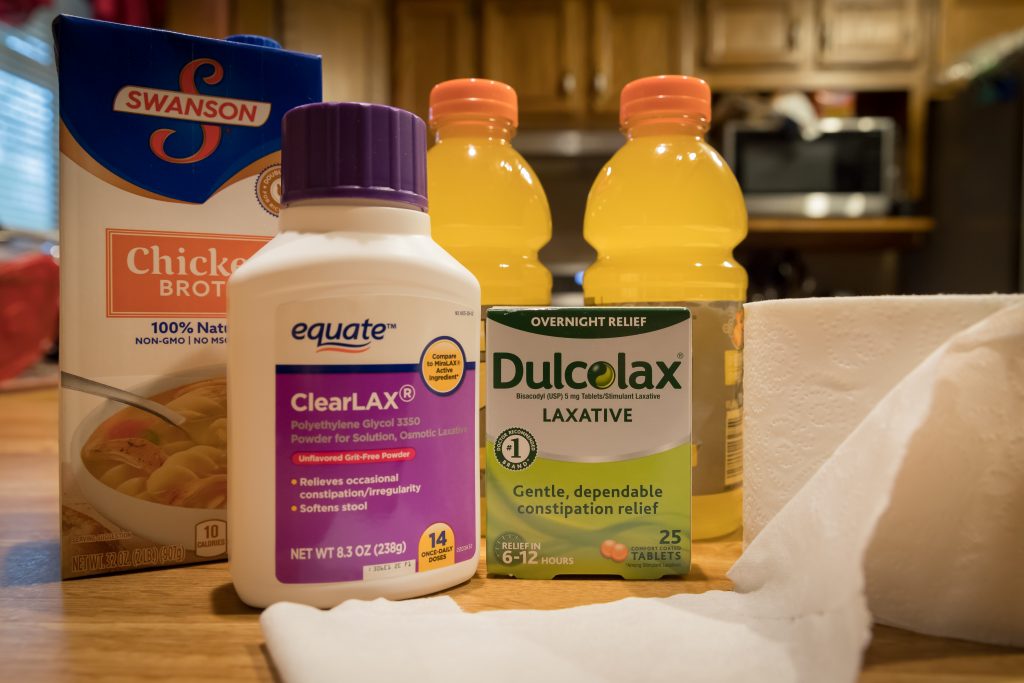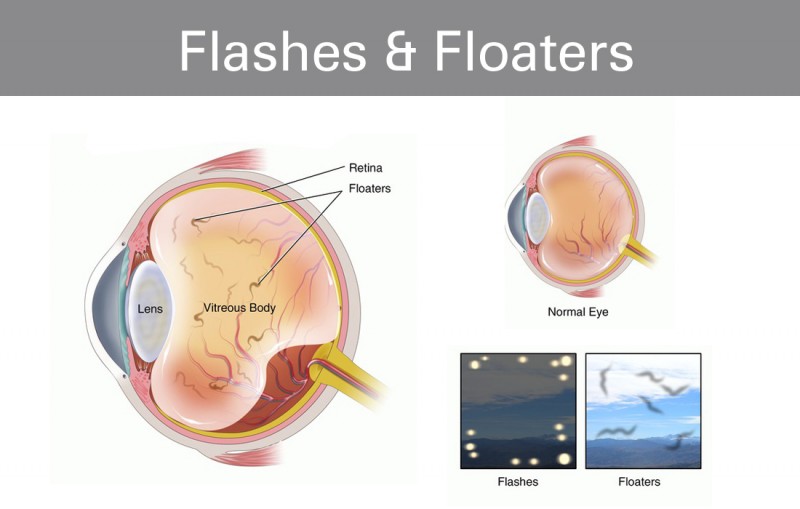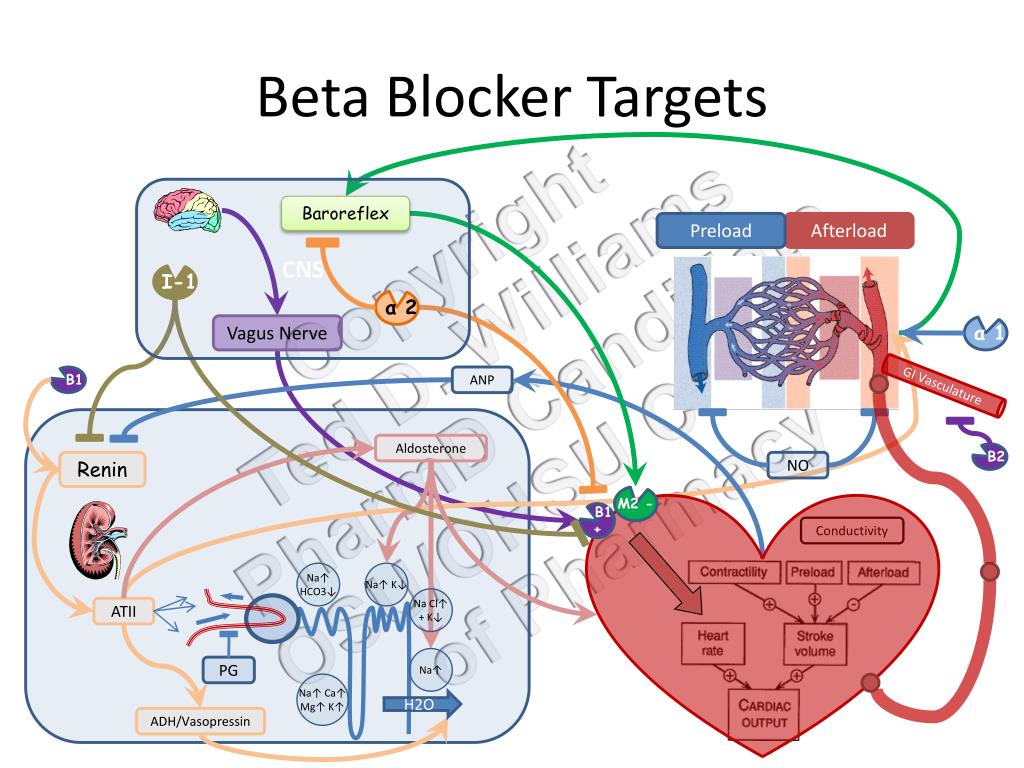Smoother Prep, Clearer Results - Mastering Colonoscopy Preparation

Streamlining Your Colonoscopy Prep Experience
Understanding the Importance of Proper Preparation for a Colonoscopy
Proper preparation is crucial for a successful colonoscopy. A well-prepared colon allows your doctor to clearly see the inside of your colon, helping them detect any abnormalities, such as polyps or cancer. Inadequate preparation can lead to: Incomplete procedures Missed diagnoses Repeat procedures Increased risk of complications
Setting Clear Expectations for the Prep Process
To ensure a smooth experience, it's essential to understand what to expect during the prep process. Your doctor will provide personalized instructions, but here's a general overview: Dietary Changes: 1-3 days before the procedure, you'll be asked to follow a low-fiber diet, avoiding foods like nuts, seeds, and whole grains. Colonoscopy Prep Solution: You'll be prescribed a bowel prep solution to take the day before the procedure. This may involve drinking a large volume of liquid or taking tablets. Fluid Intake: Adequate hydration is vital. You may be advised to drink clear liquids, such as broth or electrolyte-rich beverages, to help the prep solution work effectively. Bowel Movements: Be prepared for frequent bowel movements, which may become more watery and frequent as the prep takes effect. Time Commitment: Plan to dedicate 1-2 days to the prep process, depending on your doctor's instructions. By understanding the importance of proper preparation and setting clear expectations, you'll be better equipped to navigate the colonoscopy prep process with confidence and ease.
Dietary Adjustments for a Smoother Prep
To ensure a smoother colonoscopy preparation process, making dietary adjustments is crucial. Here are some key considerations to keep in mind:
Gradually Transitioning to a Low-Fiber Diet
Start by gradually transitioning to a low-fiber diet at least 3-5 days before your scheduled colonoscopy. This means avoiding foods rich in fiber such as:
- Fruits with seeds or skin (e.g., apples, berries)
- Leafy greens (e.g., broccoli, spinach)
- Legumes (e.g., beans, lentils)
- Whole grains (e.g., brown rice, quinoa)
Instead, opt for low-fiber foods like:
- Bananas
- Avocados
- White bread
- Plain pasta
Avoiding Trigger Foods
Certain foods can cause discomfort or trigger digestive issues during the prep process. Avoid the following trigger foods:
- Dairy products, especially if you're lactose intolerant
- High-fat foods (e.g., fried foods, rich sauces)
- Spicy or spicy-seasoned foods
- Caffeine and carbonated drinks
By making these dietary adjustments, you'll be well on your way to a smoother colonoscopy preparation process.
Hydration Hacks for Effective Prep
Proper hydration is crucial for a successful colonoscopy preparation. Here are some valuable tips to help you stay hydrated and ensure a smoother prep process.
Drink Plenty of Water and Clear Liquids
Drinking plenty of water and clear liquids before and during the prep is essential. Aim to drink at least 8-10 glasses of fluid per day. Clear liquids like water, clear broth, and electrolyte-rich beverages can help flush out your system and prevent dehydration.
Electrolyte-Rich Beverages: The Secret to Preventing Dehydration
Electrolyte-rich beverages like sports drinks, coconut water, or Pedialyte can help replace lost electrolytes and prevent dehydration. These drinks contain essential minerals like sodium, potassium, and chloride that help regulate fluid balance in your body.
Remember to choose electrolyte-rich beverages that are low in sugar and calories. You can also consider adding electrolyte supplements or tablets to your water for an extra boost.
By incorporating these hydration hacks into your colonoscopy prep routine, you'll be well on your way to a smoother, more effective preparation process.
Minimizing Discomfort During the Prep Process
Colonoscopy preparation can be uncomfortable, but there are ways to minimize the discomfort. Here are some tips to help you prepare:
Using Gentle Laxatives and Stool Softeners
Your doctor may recommend gentle laxatives and stool softeners to help make the prep process easier. These medications can help reduce the risk of discomfort, bloating, and cramps. Be sure to follow your doctor's instructions carefully and take the recommended dosage to avoid any adverse effects.
Practicing Relaxation Techniques
Anxiety and stress can exacerbate discomfort during the prep process. Practicing relaxation techniques such as deep breathing, meditation, or yoga can help reduce anxiety and discomfort. You can also listen to calming music, take a warm bath, or read a book to help you relax.
Additionally, you can try progressive muscle relaxation, visualization, or guided imagery to help manage any discomfort or anxiety. Remember, the more relaxed you are, the easier the prep process will be.
Tips for a Successful and Stress-Free Colonoscopy
Preparing for a colonoscopy can be a daunting task, but with the right mindset and strategies, you can make the process much smoother and less stressful. In this section, we will discuss two crucial tips to help you navigate the preparation process with confidence.
Follow Your Doctor's Instructions Carefully
Your doctor's instructions are tailored to your specific needs and medical history, so it's essential to follow them carefully. Make sure to:
- Read and understand the preparation instructions provided by your doctor or healthcare facility.
- Ask questions if you're unsure about any part of the process.
- Follow the recommended diet and medication schedule.
- Hydrate adequately to ensure a smooth and comfortable procedure.
Ask Questions and Seek Support When Needed
Don't hesitate to reach out to your healthcare provider or a support system if you have questions or concerns. Remember:
- Knowledge is power - educate yourself about the colonoscopy process and what to expect.
- Seek emotional support from family, friends, or a support group.
- Don't be afraid to ask questions or express concerns to your healthcare provider.
- Remember, your healthcare team is there to support you throughout the process.
By following these tips, you'll be well on your way to a successful and stress-free colonoscopy experience. Remember to stay positive, and don't hesitate to reach out for support when needed.
Achieving Better Results with Proper Prep
Colonoscopy preparation is a crucial step in ensuring accurate detection and prevention of colon cancer. Proper preparation enables your doctor to clearly visualize the colon and rectum, leading to more accurate results. In this section, we will discuss the importance of proper preparation and how it can impact the outcome of your colonoscopy.
Ensuring Accurate Detection and Prevention of Colon Cancer
A well-prepared colon allows your doctor to detect any abnormalities, such as polyps or cancerous cells, more effectively. Proper preparation reduces the risk of missing any potential issues, ensuring accurate detection and prevention of colon cancer. This includes:
- Detecting smaller polyps and cancerous cells that may be hidden by residue or fecal matter
- Identifying flat lesions or serrated polyps that may be difficult to spot in an unprepared colon
- Reducing the risk of interval cancers, which can occur between screenings
Reducing the Risk of Complications During the Procedure
Proper preparation also reduces the risk of complications during the procedure, including:
- Bleeding or perforation of the colon due to poor visualization
- Incomplete procedures or the need for repeat procedures
- Discomfort or pain during the procedure due to inadequate bowel preparation
By following proper preparation instructions, you can ensure a smoother and more effective colonoscopy experience, leading to clearer results and better health outcomes.















Comments ()